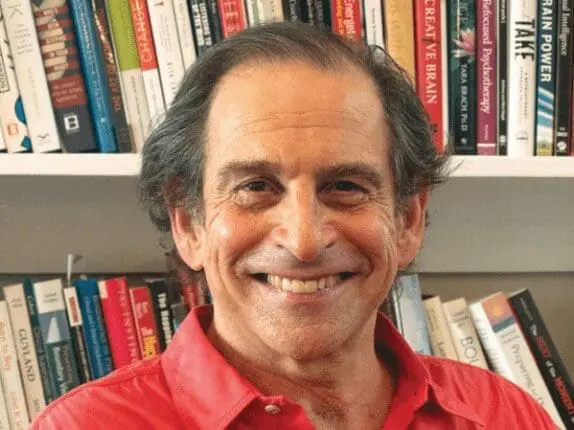I’ll admit it: on the subject of drug abuse, it’s taken me a long time to pay attention. Way back in 1971, when President Richard Nixon pronounced a new “War on Drugs” and named drug abuse “public enemy number one in the United States,” I was underwhelmed. While I certainly didn’t think marijuana was a threat to society, I bought the prevailing stereotype of people addicted to heroin and other hard drugs—sad, scary, and largely hopeless cases, too consumed by getting their next fix to ever put their lives back together. Most people I knew—colleagues, friends, family—felt pretty much the same way.
For the next few decades, I persisted in ignoring all the collateral damage done by the War on Drugs. Then, some five or six years ago, news of a national opioid epidemic exploded, and many people, including me, were shocked into consciousness. Suddenly, we began to pay attention to the fact that most of the people in prison had been incarcerated for nonviolent drug-related offenses, many for simple possession. It also became clear that many of the vulnerable people struggling with opioid addiction hadn’t been lured into drugs by shady guys on street corners; instead, the use of synthetic substances 50 times more potent than heroin was inextricably tied to the unscrupulous marketing practices of Big Pharma.
The dimensions of the epidemic were staggering. In 2017 alone, there were over 70,000 fatalities due to drug overdoses, more than the entire death toll of the Vietnam War, more than the AIDS-related deaths in the worst year of the AIDS crisis. As we’ve absorbed this shocking reality, the national conversation around drug abuse has begun to change. Today, more and more voices are arguing that compassion and treatment might be a more effective approach than judgment and punishment.
Meanwhile, we’re also undergoing a dramatic national shift in our stance on another, once-vilified drug—marijuana. Attitudes toward pot are steadily liberalizing, even among politicians. Not so long ago, we’d have been flabbergasted by the notion that by 2019, some 33 states and the District of Columbia would’ve passed laws legalizing recreational marijuana, medical marijuana, or both. The War on Drugs, it seems, is going the way of Prohibition.
In this issue, we take a fresh look at both the evolving shift in attitudes and laws regarding drugs as well as novel, promising approaches to treatment. It’s common knowledge that most clinicians steer clear of treating drug abusers. After all, why work with clients who, research has established, tend to relapse, over and over again? Why would a therapist want to feel like a failure, over and over again?
In the pieces that follow, we confront the painful consequences and the sheer tenacity of addiction head-on. But we also offer a new measure of hope. Our authors report on innovative therapeutic treatments that focus on harm reduction, rather than total abstinence, and new perspectives on the roots of addiction. Who better than clinicians to challenge the myths that fueled the failed War on Drugs? It’s time to demonstrate that we’ve learned from the lessons of the past and can offer approaches based on a very different idea of what “victory” might look like.
Rich Simon, Editor
Rich Simon
Richard Simon, PhD, founded Psychotherapy Networker and served as the editor for more than 40 years. He received every major magazine industry honor, including the National Magazine Award. Rich passed away November 2020, and we honor his memory and contributions to the field every day.












